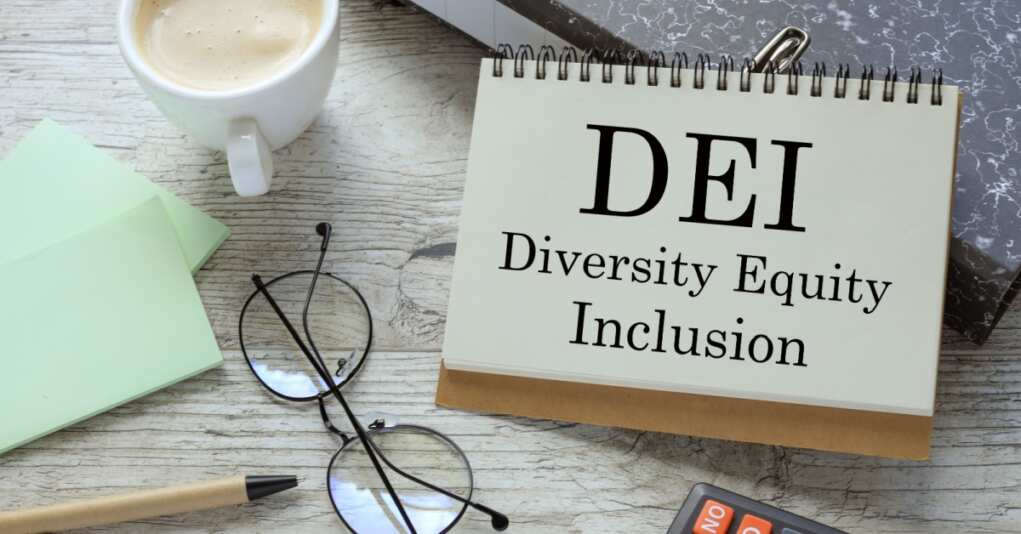DEI Fails Spectacularly as States Refuse to Keep Pushing Divisive Lies

If there’s one thing Americans are sick of, it’s the relentless push of the Diversity, Equity, and Inclusion (DEI) agenda by universities. The media might dress it up as a noble cause, but the reality is clear: people are rejecting it left and right. Even before the Supreme Court’s decision against affirmative action in universities, a whopping 62% of Americans were already opposed to race-based college admissions. Talk about being out of touch!
Over the past few years, at least a dozen states have taken a stand against this DEI nonsense. Yes, even states with Democratic leadership have had enough. Take Kansas, for example, where Governor Laura Kelly, a Democrat, allowed a law to pass that fines public universities $10,000 if they engage in DEI policies during faculty hiring or student admissions. And let’s be honest, her lukewarm defense—claiming such practices don’t even occur—only shows how flimsy the DEI argument has become.
In 2024 alone, seven states decided to drop the hammer on DEI. Alabama, Idaho, Iowa, Indiana, Kansas, Utah, and Wyoming have all passed legislation either banning or defunding DEI initiatives at their universities. These states join the ranks of Florida, North Carolina, Tennessee, Texas, and North Dakota, which had already taken similar steps earlier.
In Utah, Republican Governor Spencer Cox signed a bill that outright bans DEI programs in universities. The law categorically states that suggesting “meritocracy is inherently racist or sexist” or blaming individuals for historical actions based on their identity is not just wrong—it’s discriminatory.
Meanwhile, Alabama took things a step further by banning DEI offices in public universities and schools, and prohibiting the teaching of divisive concepts. The law also addresses the bathroom debate by mandating that restrooms be designated by biological sex, with penalties for violations. The University of Alabama promptly shut down its DEI offices in compliance.
Indiana isn’t pulling any punches, either. The state now bans universities from requiring diversity statements from employees or students. In addition, universities must now promote “free expression and intellectual diversity” as a prerequisite for faculty tenure. And yes, recruiting “underrepresented” students is encouraged, but not based solely on minority status.
Iowa followed suit with a similar law, barring DEI offices and nixing DEI statements. Over in Wyoming, the University of Wyoming saw its DEI office defunded to the tune of $1.73 million. That money can now be used for something more beneficial, like actually educating students.
Florida has been leading the charge with several anti-DEI laws. One such law bans universities from requiring political loyalty tests or giving preferential treatment based on race or ideology. Another ensures state and federal funds aren’t wasted on DEI programs. And just last month, Idaho’s education board unanimously banned race and gender policies at public universities.
Idaho has been at this for a while. Back in 2021, the state banned DEI statements in public colleges and schools and cut $2.5 million from social justice programs. This proactive approach paid off, sending a clear message that ideological indoctrination has no place in education.
North Dakota joined the club in 2023, banning mandatory DEI statements and training. The state made it clear: no one should be made to feel psychological distress over their race or sex—a refreshing change from the usual guilt-tripping tactics.
Texas has also stepped up, requiring public universities to prove they don’t engage in DEI practices before receiving state funds. This accountability ensures taxpayer money is spent on education, not indoctrination.
Tennessee has been equally bold. A 2022 law protects students and employees from being penalized for not agreeing with divisive concepts. The following year, they banned mandatory implicit bias training, encouraging individuals to report violations. Now that’s what I call protecting free speech.
North Carolina faced some resistance, with its Democratic governor vetoing an anti-DEI bill. However, the legislature overrode the veto, making sure that state employees, including those at public universities, aren’t forced to express opinions on political or social matters.
More states are proposing legislation to curb these divisive practices, and it’s only a matter of time before even more follow suit. The media can spin it however they like, but the truth is clear—the DEI experiment is failing, and Americans are ready to move on.




